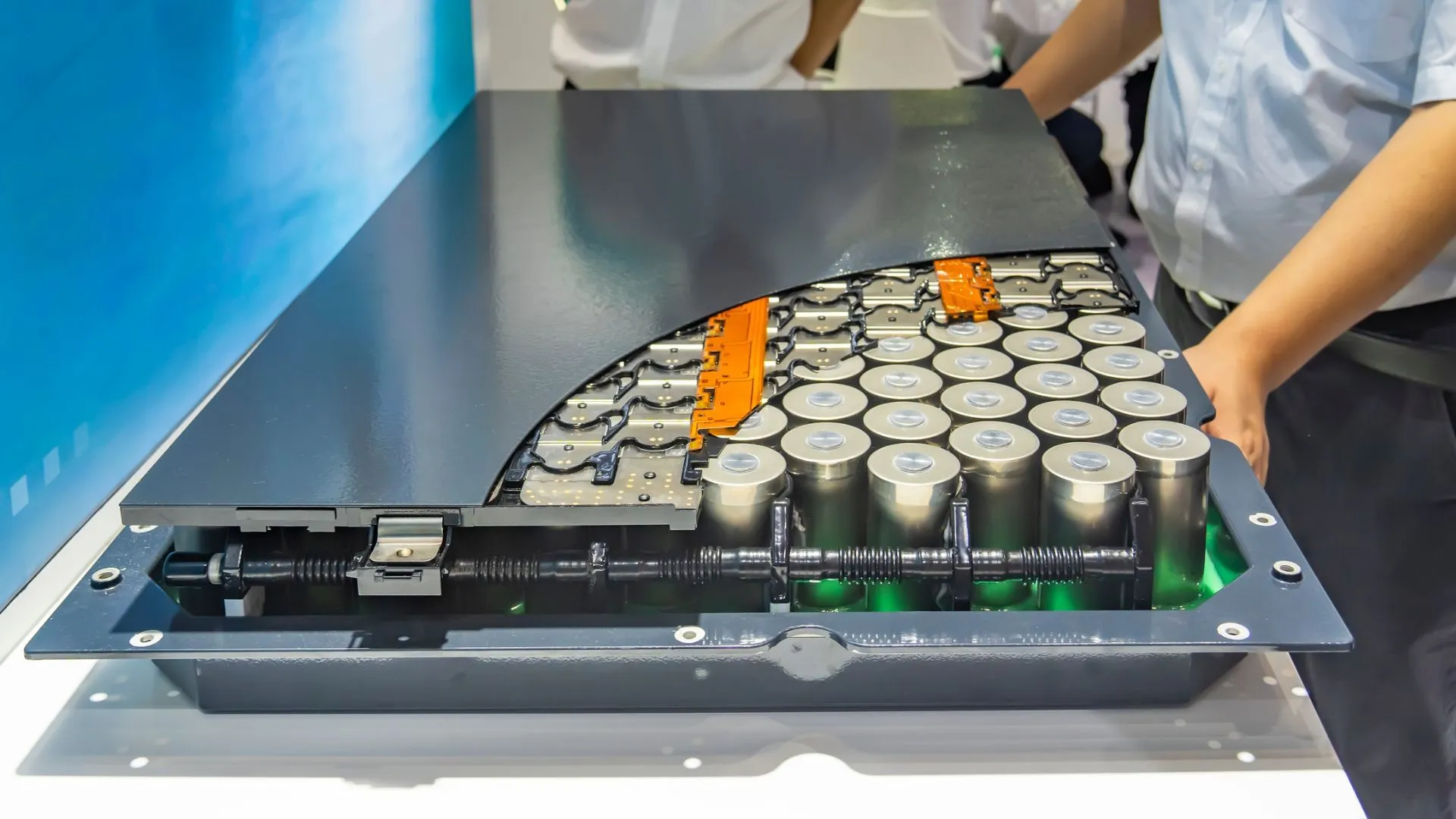Well I’m on well water, and I live near Amazon data centers so power was already close by at large scale. I have a septic system, so there’s no sewage lines. Internet is fiber, also already here because of Amazon and it runs on common telco lines that have been there 100 years and uses almost no power for transmission. As for solar, whole home solar arrays are common in my area, I could probably fit 30-50 panels on the sun side.
I’m not arguing that it’s more sustainable, just that endless population growth crammed into mega cities isn’t a great solution either- I think smaller communities with some measure of independence is probably more sustainable than city sized archologies with people crammed in coffins- that’s no way to live. With fewer people the slices of pie can be bigger. Cities use an unbelievable amount of concrete for infrastructure which is a huge pollutant and a finite resource due to the limited supply of special sand required.
There’s no easy solution- I’m just saying for many, it’s not as simple as just taking a bike. I feel like reducing heavy industry and global population and making Chinese trash products illegal would have a far greater impact on global sustainability, as those things use orders of magnitude more energy and resources than every country dweller’s cars combined. And don't get me started on energy hungry crypto and AI farms- they use more power than the bottom 10 countries combined.
Industry has done a great PR campaign making people feel guilty and personally responsible while generating billions of tons of plastic bottles, bags, and packages which are 90% not recyclable regardless of the blue bins. Small changes at industrial scale would have far greater impact- like switching back to glass bottles or waste fiber bags. Not to say we shouldn’t each do our part, but we as individuals carry an unfair share of the blame for problems largely created by unregulated profit driven enterprises.

